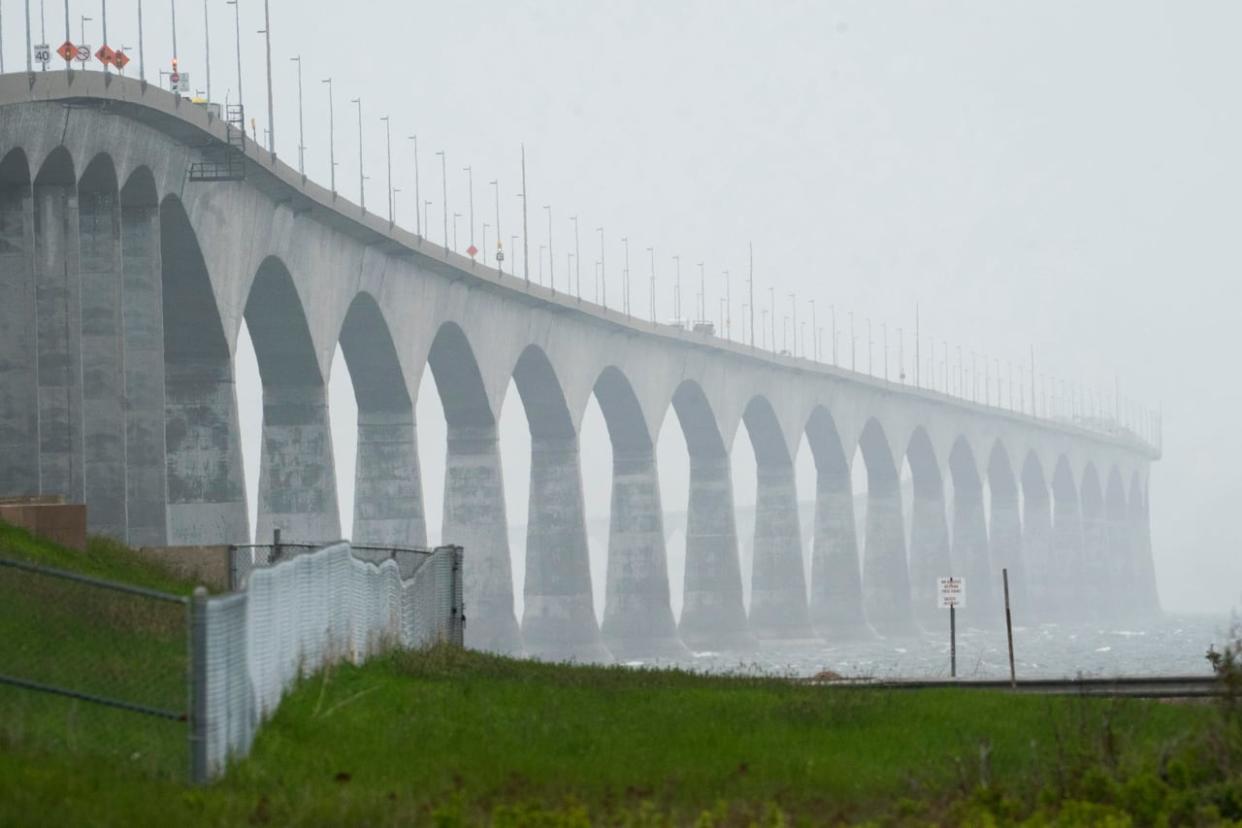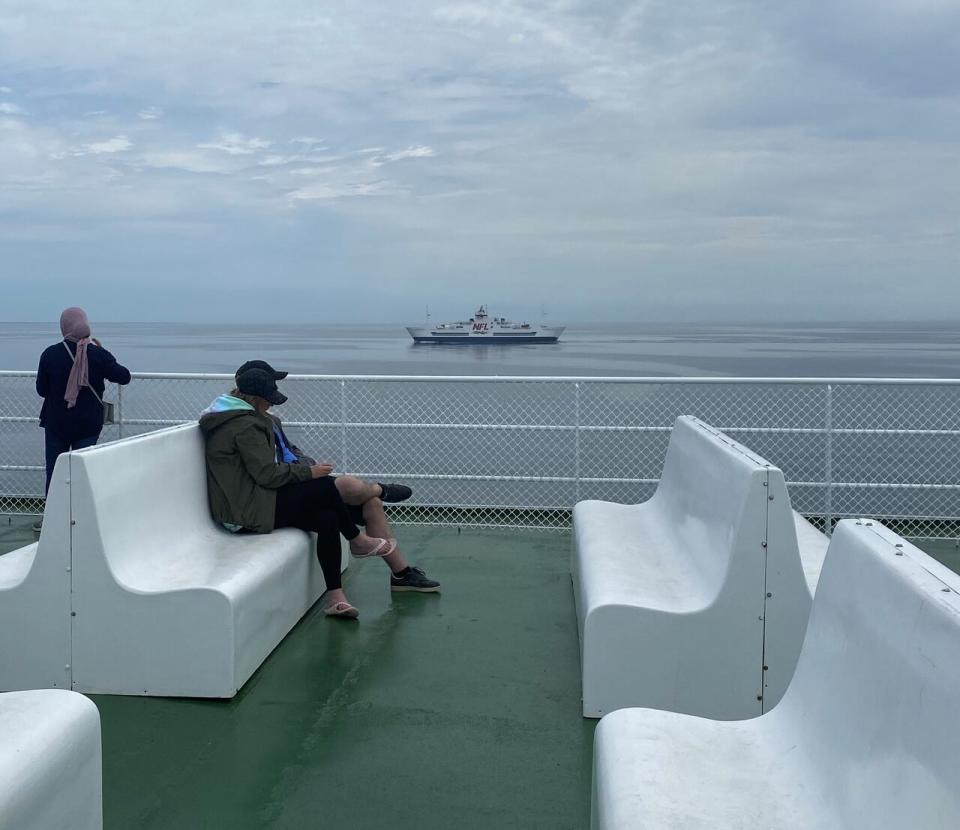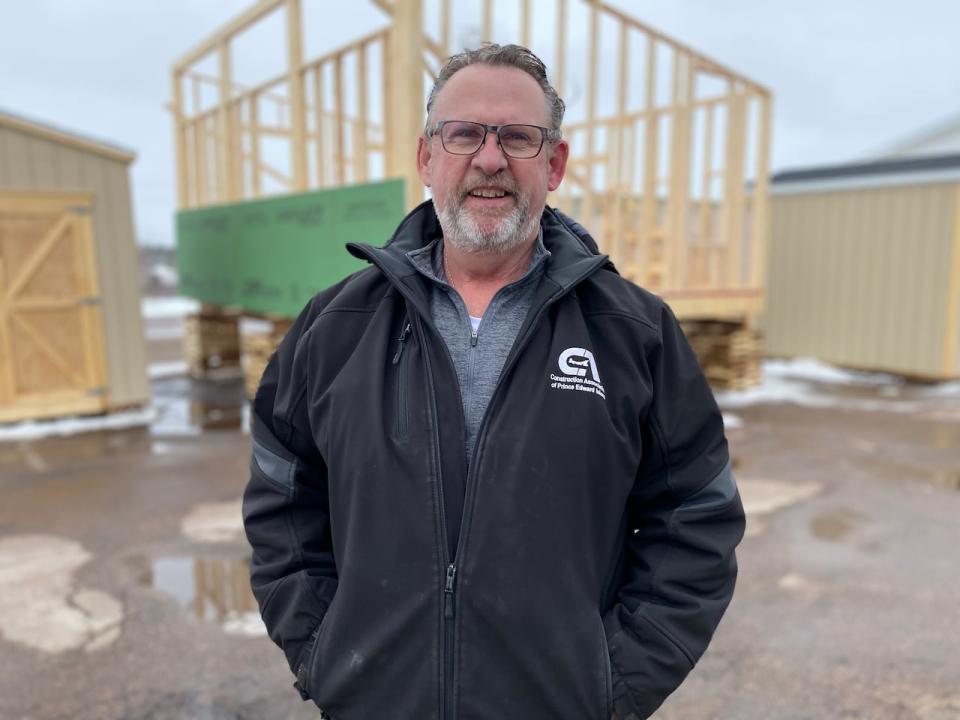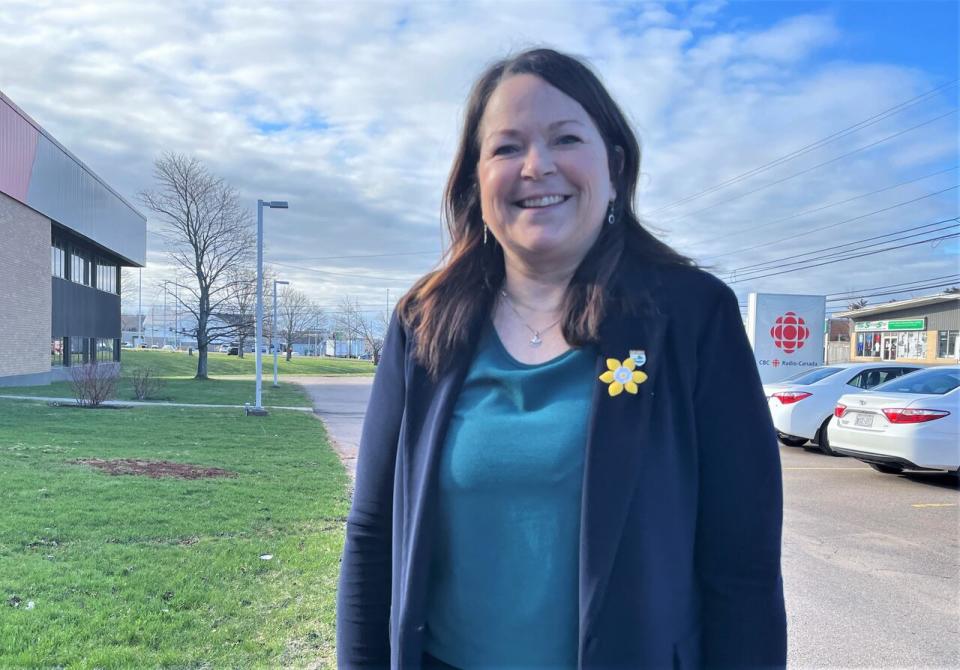Budget benefits for P.E.I.: Bridge and ferry fees frozen, and cash for housing and infrastructure

- Oops!Something went wrong.Please try again later.
The federal government is funding an extension of a freeze on Confederation Bridge tolls, as well as adding a freeze on ferry tolls across Atlantic Canada, in a budget that concentrates for the most part on building new housing.
Finance Minister Chrystia Freeland's budget was presented to Parliament on Tuesday.
Among many other measures, it extended a program to maintain the current tolls on the Confederation Bridge, and also froze the cost of riding the Wood Islands ferry to Nova Scotia, operated by Northumberland Ferries.
In December, the federal government announced it would make funds available to hold Confederation Bridge tolls for 2024 at the current cost, which is $50.25 for a two-axle vehicle leaving P.E.I.
The budget extends that program for two years, to the end of 2026, at a cost of $14 million.

A Northumberland Ferries vessel is shown on a voyage between Nova Scotia and Prince Edward Island in 2021. (Carolyn Ryan/CBC)
The budget also includes $2.5 million for the Ferry Services Contribution Program — which covers ferry service to and from New Brunswick, Nova Scotia, Prince Edward Island, and Eastern Quebec — and would hold the line on those fares until the end of 2025.
Overall, the budget included $8.5 billion in new spending for housing.
Canada is in a housing crisis, as is Prince Edward Island, but it is not just lack of money that is holding back the building of new homes.

Sam Sanderson of the Construction Association of P.E.I. says he welcomes more money for building more housing, but the bodies to make that happen may not be available. (Kirk Pennell/CBC )
Sam Sanderson, general manager of the Construction Association of P.E.I., said he would have liked to have seen more support for the labour force in the budget.
"I didn't hear much about the support of training and the support of upskilling and things like that for the industry that is going to be building the housing and the infrastructure," Sanderson told CBC's Island Morning.
The budget failed to reflect the shortage of skilled trades in the country and on the Island, he said.
Provincial Finance Minister Jill Burridge, while welcoming the funding, also expressed concern about a lack of skilled labour to build new housing.
In advance of the budget, there had been some hope from the provinces of news of new funding for workforce training programs.

P.E.I. Finance Minister Jill Burridge says she would have liked to have seen more money for skills training. (Kevin Yarr/CBC)
"A lot of the provinces were looking for... a labour market transfer agreement top-up that we had in play. That's not there. So, a little bit disappointed in that," said Burridge.
"People and labour is what's underpinning a lot of the challenges that are before us."
We were hoping for more flexibility. It's very much centred around water..., which we need, but how does a Belfast see benefit out of that? — Finance Minister Jill Burridge
Lana Asaff, a senior economist with the Atlantic Economic Council, said the budget does talk about streamlining international recruitment by recognizing foreign credentials. But given the long-standing labour shortage in the sector, that isn't enough.
"Overall, there definitely needs to be more of that done to help the industry," Asaff said. "This isn't a new problem. It's just going to amplify as we try to accelerate the development of housing."
Forecasts suggest that over the next decade, more people will retire from the construction industry than will join it, she said.
Infrastructure funding needs flexibility
Burridge is also looking for more details on how federal infrastructure funding will work.
The focus of infrastructure funding will work for larger communities, she said, but the Island's rural municipalities may find themselves left out.
"We were hoping for more flexibility," said Burridge. "It's very much centred around water — wastewater, storm water — which we need, but how does a Belfast see benefit out of that?"
It will take some time to work out what all the implications of the budget for P.E.I. are, Burridge said.
The finance minister did welcome the freezing of bridge and ferry fees, but said it fell short of what the province was looking for on that front. P.E.I. has been lobbying for $20 tolls for Islanders using those methods of leaving the province.

